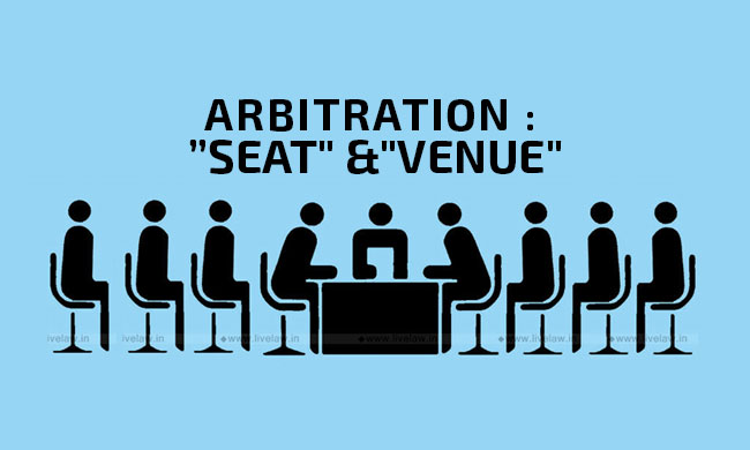Next Story
27 April 2020 4:32 PM IST
Domestic arbitration is regulated by Part I of the Arbitration and Conciliation Act, 1996 ["Act of 1996"] and Section 2(2) thereof states that Part I applies where the 'place' of arbitration is in India. Therefore, arbitration proceedings which takes place in India and where disputes are decided in accordance with the substantive laws of India is referred to as 'domestic arbitration'....

